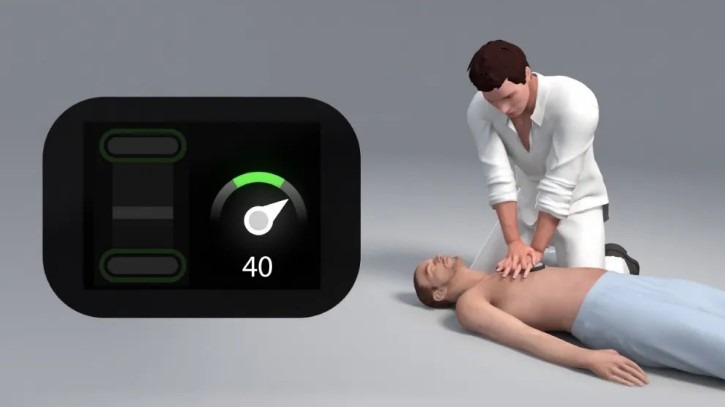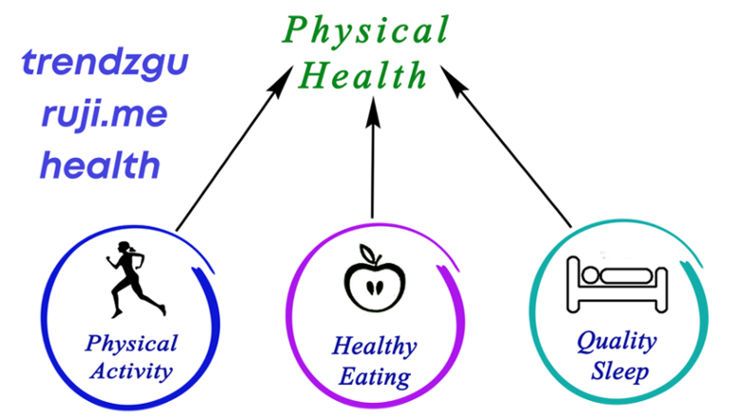The Signs of Hypothyroidism in Men, Explained

As many as 13 million U.S adults have undiagnosed hypothyroidism. It can be tough to pinpoint because its symptoms are common among many other diseases.
The function of your thyroid directly relates to your risk of clinical disorders. A slow thyroid can result in hypothyroidism. On the other hand, an overactive thyroid might mean hyperthyroidism.
Studies have found that women are more often diagnosed with hypothyroidism. But men are not immune to this disease! Their symptoms might be more commonly attributed to other illnesses and disorders.
Let’s take an in-depth look at the signs of hypothyroidism in men, as well as your treatment options!
The Thyroid Hormones
So what exactly is your thyroid? It’s a tiny butterfly-shaped gland located at the base of your neck. Your thyroid may be small, but it sure is mighty.
The thyroid affects many functions in the system, including:
- Metabolism
- Weight gain
- Fat composition
- Mood
- Sexual function
Your thyroid works by producing two hormones, triiodothyronine (T3) and thyroxine (T4). Generally, these two hormones work in harmony to keep your metabolism and other functions running smoothly. But when your thyroid gland begins to produce too little T4 hormones, the balance gets thrown off.
What Is Hypothyroidism?
Hypothyroidism is a clinical disorder caused by low thyroid hormone production. The dominant responsibility of these hormones is to produce energy for various purposes. When your body isn’t creating enough, everything begins to slow down.
Hypothyroidism displays several symptoms related to slowing body functions. These can often receive the wrong diagnosis, so be sure to carefully study the signs!
Signs of Hypothyroidism
Most of the symptoms of hypothyroidism are similar for men and women. But they might exhibit these symptoms in slightly different ways. Many of these signs might initially be diagnosed as a separate issue, rather than a symptom of thyroid dysfunction.
Weight Problems
Since an underactive thyroid means less energy production, your metabolism slows down. Weight gain is one of the most common symptoms of hypothyroidism. Patients usually gain about 5-10 pounds when experiencing this.
For men specifically, gynecomastia may also occur. Gynecomastia is the growth of male breast tissue. It may become overdeveloped, enlarged, or uneven.
Visual Cues
If you find yourself gaining weight, it may or may not be due to thyroid dysfunction. Look out for these visual cues as well, to help you better gauge the likelihood of hypothyroidism.
- Dry skin, rashes, skin problems
- Brittle nails
- Hair loss
- Thyroid swelling, also known as a goiter
These visual cues could be related to something as simple as a vitamin deficiency. But when combined with weight gain and sexual dysfunction, it might be a good idea to get thyroid testing.
Sexual Dysfunction
Both men and women can experience sexual dysfunction caused by hypothyroidism. For men, the main symptoms of this are:
- Loss of interest in sex
- Decreased sperm count
- Erectile dysfunction
- Delayed ejaculation
Scientists have also found a clear connection between hypothyroidism and male infertility. Moreover, the longer that it remained untreated, the more damage occurred to the reproductive system.
Other Symptoms
When functions in your system slow down, it can also cause other symptoms. Watch out for these red flags:
- Constantly feeling cold, especially in the hands and feet
- Muscle aches and pains
- Consistent fatigue and lethargy
- Brain fog
- Loss of focus, concentration, and motivation
- Constipation and stomach aches
- Mood swings and mood disorders
Scientists have assumed a link between hypothyroidism and depression for years. The medical community has insisted on more research for conclusive findings. But a sudden onset of depression could be a signal of an underactive thyroid.
Causes of Hypothyroidism
One of the main causes of hypothyroidism is an autoimmune disease. Autoimmunity refers to a disorder where the body’s immune system attacks itself. Not able to identify foreign bacteria and naturally-occurring bacteria, the immune system fails.
Women are more likely to receive an autoimmune disorder diagnosis than men. Researchers haven’t been able to find the reason, but it does explain why hypothyroidism is less common for males. In fact, 80% of hypothyroid cases occur because of an autoimmune disorder.
Other causes or risk factors of hypothyroidism include:
- Graves’ disease
- Inflammation of the thyroid
- Iodine deficiency or excess
- Non-functioning thyroid
- Diabetes
If you suspect you might have an underactive thyroid, the first thing to do is talk to your doctor. Your doctor will perform specific tests to check your T3 and T4 levels. They will also cover treatment options for hypothyroidism.
Hypothyroidism Treatment
Thyroid dysfunction is often treated with medication and supplemented with lifestyle changes. The first course of action is taking a hormone replacement medication. This medication will mimic natural thyroid hormones and help speed up underactive function.
Tirosint for hypothyroidism is a popular choice. It’s a form of Levothyroxine or L-thyroxine, a common treatment in hypothyroid patients. Tirosint is a gel formula that’s easier on the stomach.
L-thyroxine is often hard on patients who are lactose-intolerant, have celiac disease, or are sensitive to gluten. Tirosint is a more natural version, with little fillers and binders. You can receive a prescription from your doctor or even buy Tirosint online.
Additionally, some lifestyle changes that can help ease the symptoms of hypothyroidism include:
- Managing stress
- Getting restful sleep
- Eating an anti-inflammatory diet
- Incorporating daily exercise into your routine
- Taking vitamins and supplements
Always talk to your doctor before changing your diet or exercise, especially if you have a hypothyroidism diagnosis. Your doctor can help you create a sustainable and effective plan to manage symptoms.
Look Out for the Signs of Hypothyroidism in Men
If you’re gaining weight, feeling fatigued, and losing interest in sex, hypothyroidism might be to blame. Hypothyroidism in men may produce more subtle symptoms than in women. This makes it more difficult to diagnose.
Review the specific signs of hypothyroidism in men and seek treatment immediately. Early diagnosis and prevention are crucial in warding off future health issues.
Want more helpful content and guides? Check out our Health and Fitness section to educate yourself on issues related to men’s wellness!





